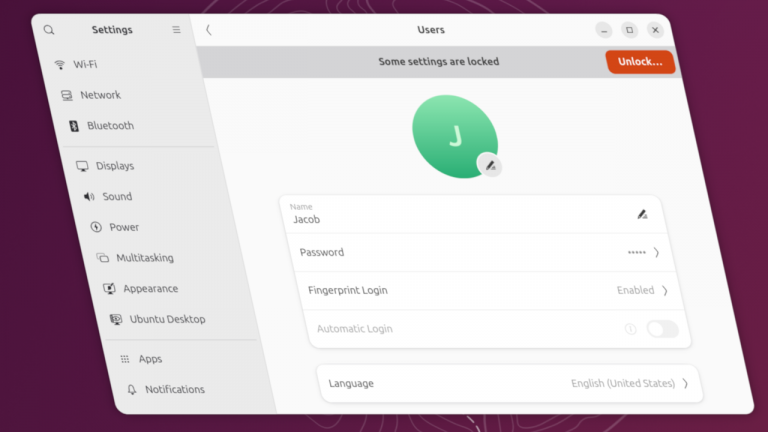Family Sharing is a pretty great feature on Steam: Simply put, it lets you share your game library with friends and family, so if you and your brother and your mom all want to play Helldivers 2, for instance, you don’t all have to buy it separately—as long as you don’t want to play at the same time, anyway. That restriction was removed today, though, as Valve announced a pretty big overhaul to the system that combines Steam Family Sharing and the Family View parental control system into one big package called Steam Families.
Steam Families functions very similarly to its predecessors, but makes a handful of improvements, the biggest being that members of the family can play different games at the same time.
Under the old system, if someone was playing a game from your library, no one else could use that library at the same time. Now that limit is gone: You can’t play the same game at the same time, but you can play something different. Each member of the family group will also have their own individual saves, achievements, workshop files, and other features.
The new parental controls also enable parents to monitor what their kids play on Steam, and when, and provides access to “playtime reports” so the adults in the room can see what exactly the kids are getting up to.
(Image credit: Valve)
There’s also a new option aimed at simplifying the process of purchasing games for children: Instead of having to purchase a gift card for their kids or hand over the credit card (which, as someone who once rang up a very large bill in my mom’s name, I can tell you is not a great idea), child accounts will be able to simply request that an adult account in the family group pay for whatever’s in their shopping cart. Adults can then approve and pay for the purchase from their mobile device or via email, at which point the games will be added to the child’s Steam account.
The Steam Families FAQ provides a real-world example of how the new system works:
Let’s say that you are in a family with 4 members and that you own a copy of Portal 2 and a copy of Half-Life. At any time, any one member can play Portal 2 and another can play Half-Life. If two of you would like to play Portal 2 at the same time, someone else in the family will need to purchase a copy of the game. After that purchase, there are two owned copies of Portal 2 across the family and any two members can play at the same time.
That example also explains another new aspect of Steam Families: pooling copies of games. Before now, library sharing was a 1:1 exchange between two accounts. Now, Steam Families will automatically pool their Steam libraries together, so that even if Child A and Child B don’t own Portal 2, they could seamlessly borrow copies owned by Parent A and Parent B.
Of course, there are still some restrictions to the new system, and it’s not hard to see where it could lead to headaches, heartache, and possibly a life-long blood feud. Adults can leave a Steam Family at any time, but if they do they have to wait a year before creating or joining a new Steam Family. (Hey, maybe the family that plays together, stays together.) Worse, but potentially funnier, adult family members can kick any other family member out of the group—but the slot that person occupied also has a one-year cooldown before it can be refilled. Sorry, new stepmom, no Balatro for you.
Imagine, then, that mom and dad get into a beef over whose turn it is to do the damn dishes, and one of them exercises the nuclear option, kicking the other out of the Steam Family. The next day, all is forgiven—but sorry, you’re not sharing your Steam games until another 364 days have ticked past.
There’s even more potential for chaos amongst siblings: If your meathead brother gets banned for cheating while playing your game, that’s too bad buddy, you’re banned too. As someone with a sibling, I can say with 100% certainty that I would’ve got my sister banned from every game she owned, just to mess with her. And yeah, I’d feel bad about it now that we’re both grown up, but would I be forgiven? That’s a whole different question. It’s worth noting that Valve has had a similar policy in place for years with Family Sharing, but the updated language leaves no wiggle room: both accounts will definitely be banned.
The one-year cooldown isn’t universally popular. But the ability to play multiple games on a shared account simultaneously is a big hit.
Of course, these limits are necessary to help combat smurfing and ban-dodging, which are real problems that are far more likely to prove troublesome than hypothetical family squabbles. And overall, the reaction to the system seems largely positive. There are complaints that the new system doesn’t allow people in different countries to share accounts and games—Valve said Steam Families “is intended for a household of up to 6 close family members,” and several people who have signed up for the new system say it excludes people living in other countries —and the one-year cooldown isn’t universally popular. But the ability to play multiple games on a shared account simultaneously is a big hit.
Steam Families is now in beta testing, so it’s possible that some aspects of it could be adjusted before it’s fully rolled out. In fact, Valve said in the announcement that as it monitors the usage of the new feature, it “may adjust the requirements for participating in a Steam Family or the number of members over time” in order to keep its usage in line with Valve’s intent, which seems to be sharing with family, but not friends—although how it will be able to tell a family member from a friend is unclear at this point.
To check out Steam Families now, you’ll need to be opted into the Steam client beta: To do so, go into your Steam settings menu, select the Interface option, and then select “Steam Client Beta” the Client Beta Participation dropdown. A more detailed breakdown of what’s involved is available on the Steam Support page.












